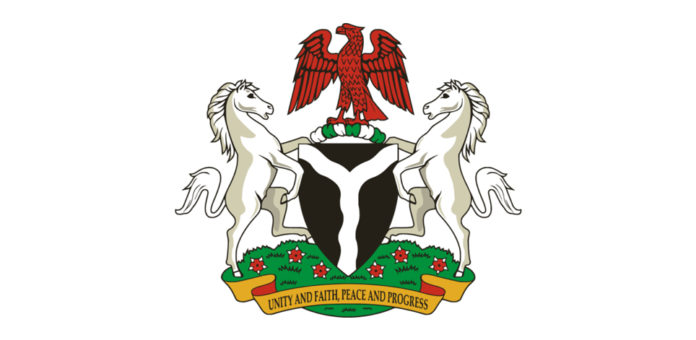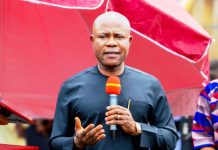FIC Report (Edo State) – President Bola Ahmed Tinubu’s administration has embarked on a mission to revitalize Nigeria’s economy and steer it towards recovery after years of stagnation and challenges. With a clear vision for sustainable development, Tinubu has introduced bold economic reforms aimed at stabilizing the nation and setting it on the path to prosperity. His leadership reflects a deep understanding of Nigeria’s potential and the decisive actions required to unlock it.
A cornerstone of Tinubu’s economic recovery plan is the removal of the fuel subsidy, a policy that has long drained government resources. By eliminating the subsidy, his administration has freed up billions of naira for investment in critical sectors such as infrastructure, education, and healthcare. While the immediate aftermath saw a spike in inflation and public unrest, Tinubu has remained steadfast, urging Nigerians to view the move as a necessary step for long-term economic growth and stability.
Tinubu’s efforts to restore confidence in the Nigerian economy extend to fostering foreign direct investment (FDI). Recognizing the need to attract global investors, the government has undertaken reforms to make Nigeria more business-friendly. These include improving regulatory frameworks, streamlining bureaucratic processes, and addressing insecurity in key economic zones. By creating an environment conducive to investment, Tinubu aims to position Nigeria as a top destination for global capital.
The administration has also taken significant steps to stabilize the naira and curb inflation through monetary and fiscal reforms. The unification of exchange rates and collaboration with the Central Bank of Nigeria (CBN) reflect a commitment to transparency and predictability in financial markets. Tinubu’s focus on diversifying revenue sources, particularly by expanding agriculture, manufacturing, and technology sectors, is another vital component of his recovery strategy.
Infrastructure development remains a critical pillar of Tinubu’s economic agenda. His administration has prioritized the construction and rehabilitation of roads, railways, and energy facilities to boost connectivity and productivity. By addressing Nigeria’s infrastructure deficit, Tinubu is laying the groundwork for industrial growth and reducing the cost of doing business. This approach underscores his vision to transform Nigeria into a thriving regional economic hub.
A key focus of the recovery strategy is empowering Nigeria’s youth and tackling unemployment. Tinubu’s government has launched initiatives to equip young Nigerians with digital skills, promote entrepreneurship, and create job opportunities across various sectors. By investing in human capital, the administration is not only addressing immediate unemployment concerns but also building a foundation for future economic resilience.
However, the road to economic recovery is not without challenges. High inflation, insecurity, and public skepticism of some reforms continue to pose significant obstacles. Tinubu’s administration has adopted a pragmatic approach by engaging stakeholders, revising policies where necessary, and implementing social safety nets to cushion the impact of reforms on vulnerable Nigerians. This adaptability is crucial in maintaining public trust and ensuring the success of recovery efforts.
President Tinubu’s leadership is steering Nigeria’s economy towards recovery with bold reforms and strategic investments. By focusing on subsidy removal, fiscal discipline, infrastructure development, and youth empowerment, the administration is addressing the root causes of economic challenges. While hurdles remain, Tinubu’s commitment to inclusive growth offers hope for a brighter future where Nigeria’s immense potential can be fully realized.
Signed
Omoluogbe Ruth
FIC Benin city






